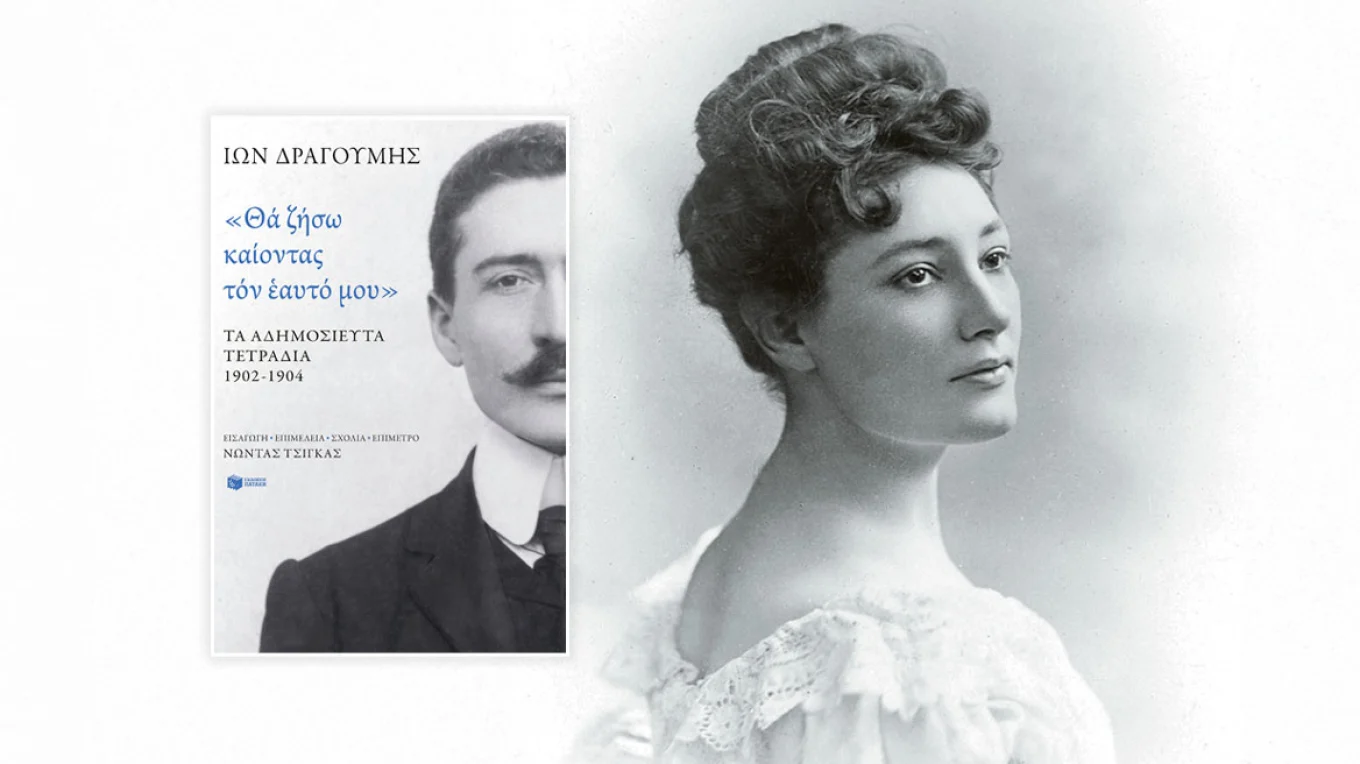For the first time, researchers have identified how the brain’s fatty acids and the genes that control them are crucial to memory formation.
In addition to increasing our understanding of how memories are formed, the discovery opens the door to novel treatments for memory-affecting diseases such as Alzheimer’s.
The human brain is highly enriched with fatty compounds called lipids, which comprise around 60% of its weight.
A type of brain lipid, phospholipids, and their free fatty acid (FFA) building blocks comprise neuronal membranes that play a crucial role in learning and memory.
However, the mechanisms by which neuronal activity affects the brain’s lipid landscape and subsequent memory formation are poorly understood.
Now, a new study led by researchers at the University of Queensland (UQ), in collaboration with the Universities of New South Wales, Strasbourg, and Bordeaux, The Scripps Research Institute and the Baylor College of Medicine, has shed light on the molecular mechanisms and genes underlying the creation of memories.
6 Advanced ancient inventions beyond modern understanding
“We’ve shown previously that levels of saturated fatty acids increase in the brain during neuronal communication, but we didn’t know what was causing these changes,” said Isaac Akefe, the study’s lead author.
“Now, for the first time, we’ve identified alterations in the brain’s fatty acid landscape when the neurons encode a memory.”
Ask me anything
Explore related questions





